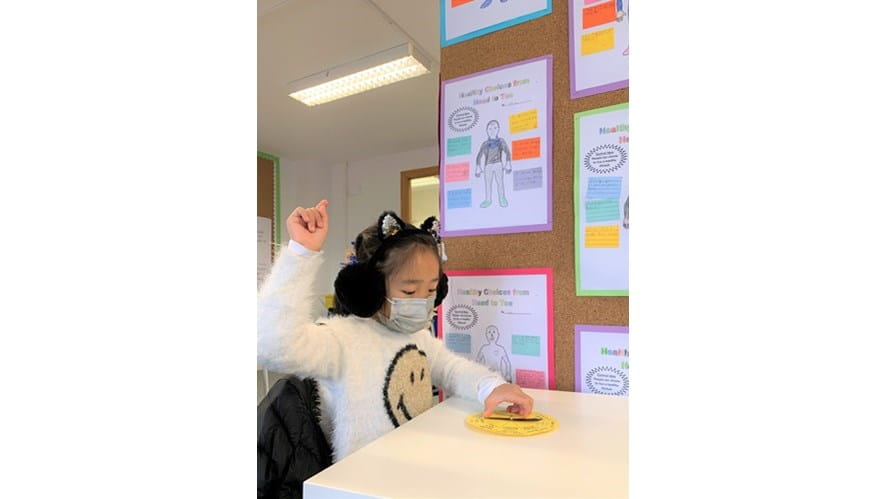We use cookies to improve your online experiences. To learn more and choose your cookies options, please refer to our cookie policy.
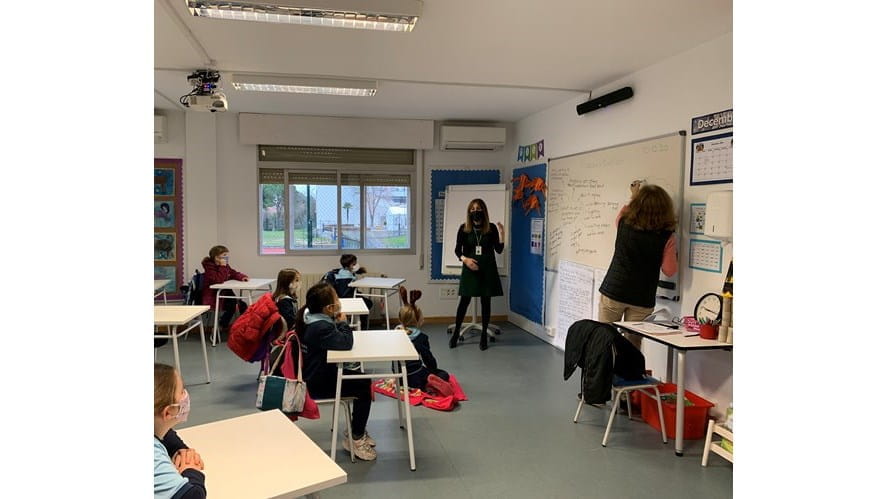
Conflicts are an inevitable part of life. Even though they have a negative connotation, dealing with conflicts remains an educational experience that equips children for the rest of their lives. When properly managed, conflicts allow them to assert themselves, negotiate, consider other people’s points of view and know their limits, among other things.
With a few strategies, children can become problem solvers and maintain their friendships, even when conflict occurs. The ability to resolve conflicts effectively is related to the child’s age, developmental level, life experiences and previous responses.
Toddlers are not biologically equipped to resolve conflicts because their brains are not mature enough. At birth, the most developed areas are those that govern basic needs. In this sense, when faced with a situation, children react instinctively, without thinking. They do not yet have the ability to control their bodies and their emotions. It is therefore essential that we teach them how to control them. As they grow up, children develop their awareness of others and understand that others have different rights and views. In other words, conflict resolution goes from a subjective perception of interpersonal problems to an objective perception: it is not only about how I see the world or what I want to get out of a situation, but also about how others see the world and what they want. In conflict resolution, there is always at least two sides to consider. It is the role of adults to teach and model a conflict-resolution process so that children experience harmonious and positive relationships with their peers.
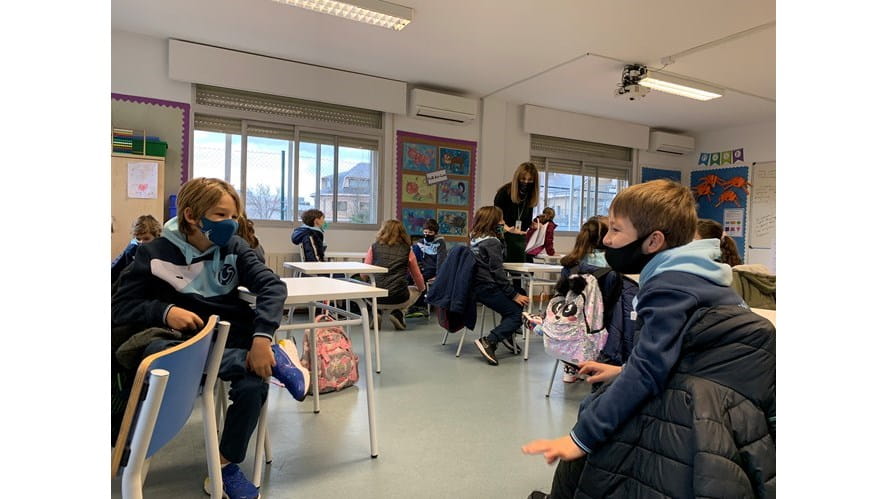
Children who have had the opportunity to solve problems during their childhood will feel more confident and will be more comfortable with life's challenges as they get older. Therefore, both at home and at school, promoting problem solving is essential.
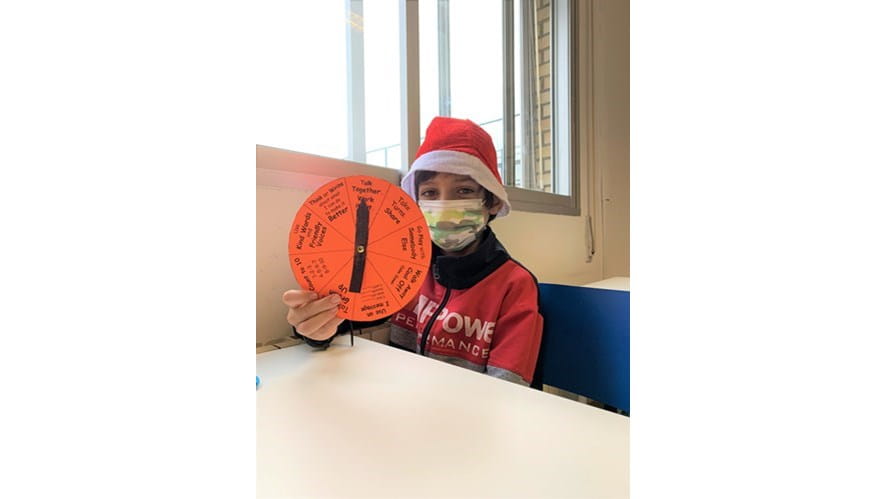
The Wheel of Choice is a conflict resolution tool. All of the choices on the Wheel of Choice are valuable social and life skills that empower children to become more effective at resolving conflict and at being a good friend in school, at home, and outside in the community.
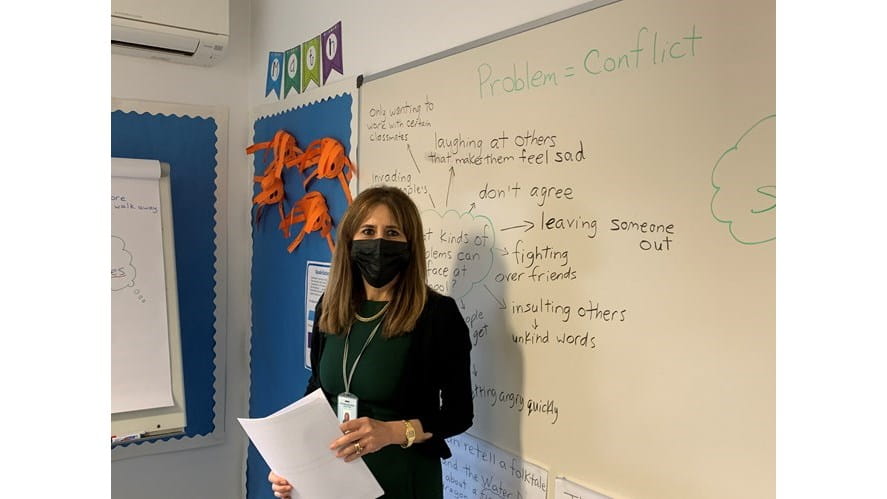
Grade 2 pupils participated enthusiastically in the Conflict-Resolution Skills lesson, also called “Solving Friendship Problems.” They brainstormed the kind of problems they usually have–or have already had—with friends, classmates or siblings. Then, they suggested possible solutions to their problems. They were happy to see that most of their conflict-resolution strategies were part of the Wheel of Choice. Finally, they created their personal Wheel of Choice and practiced with their classmates.
